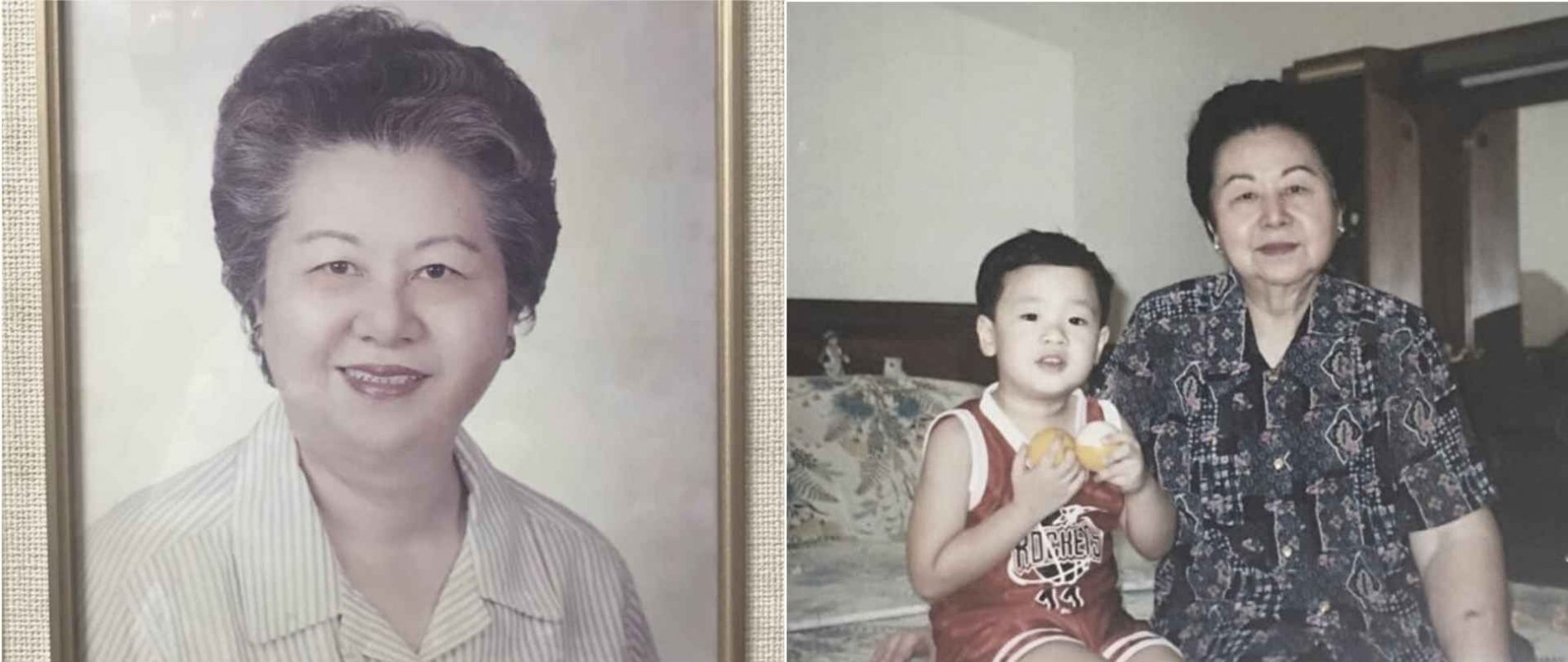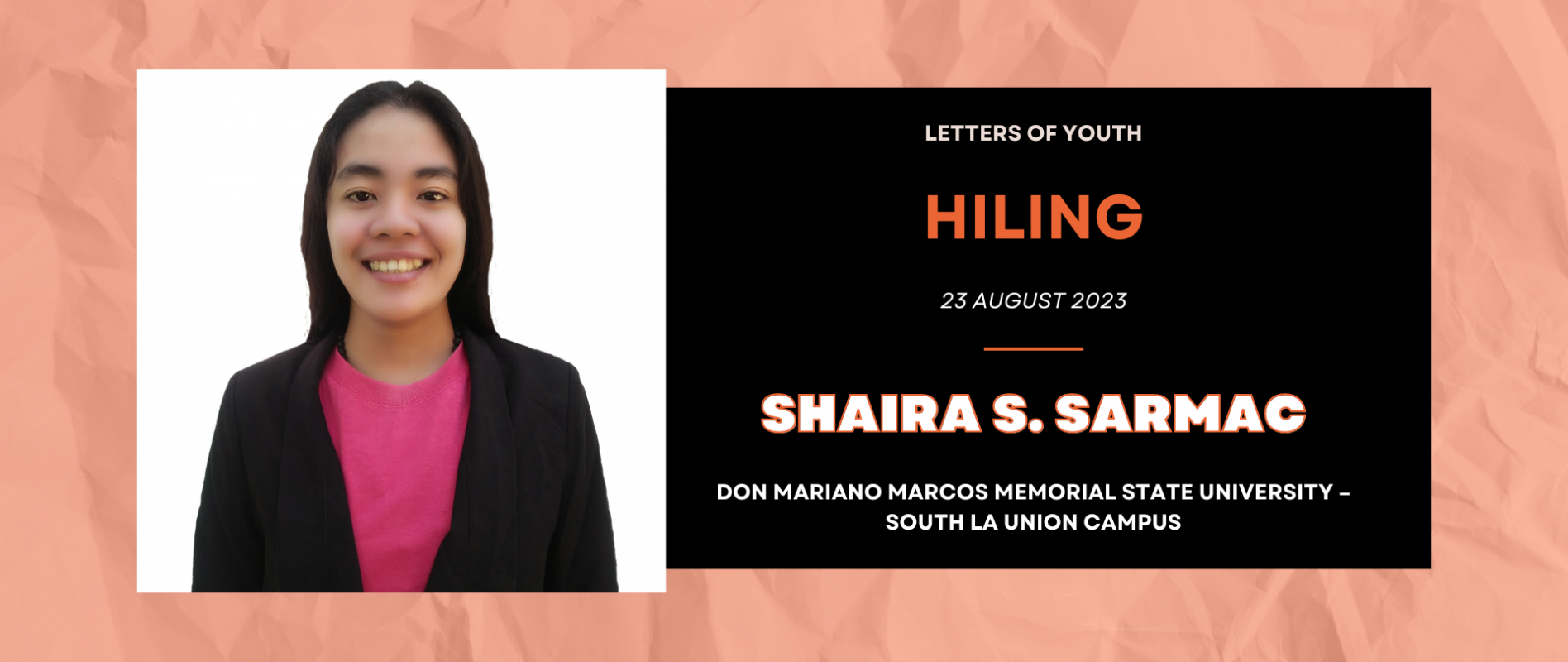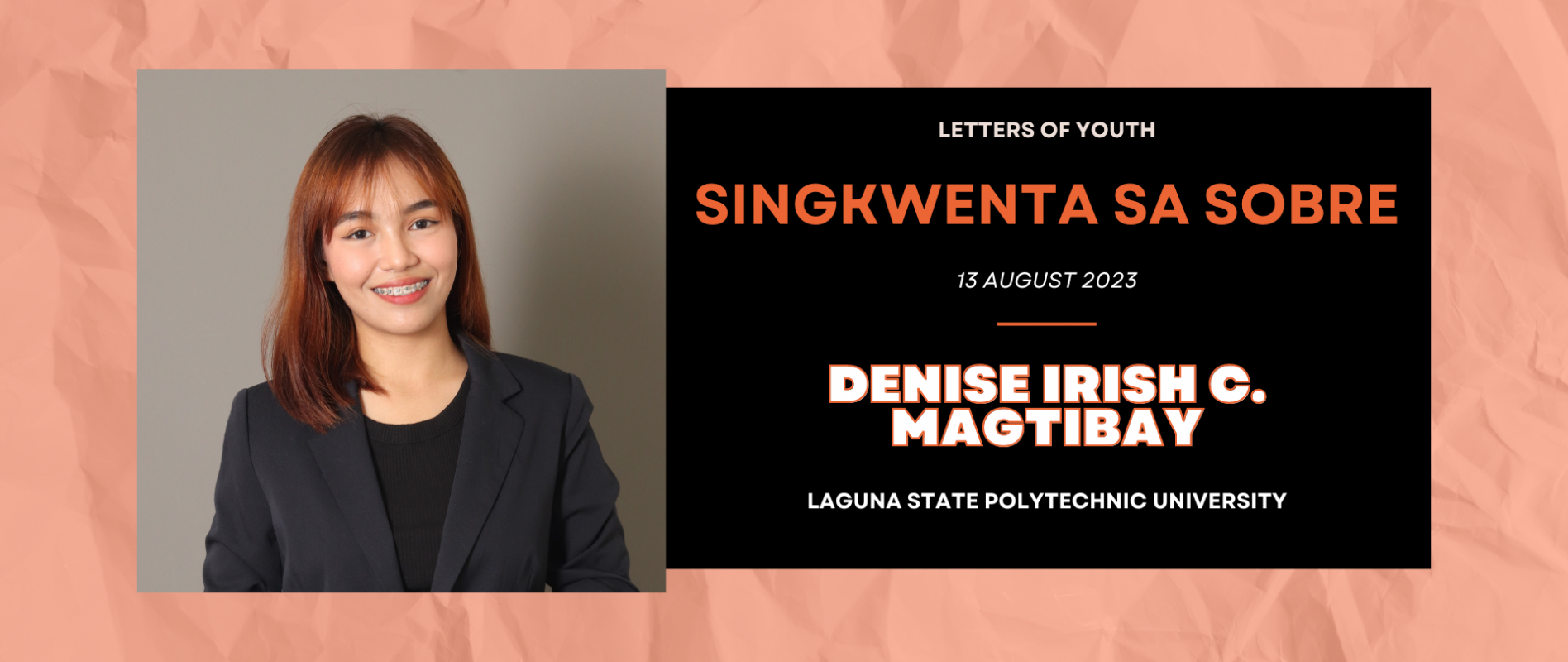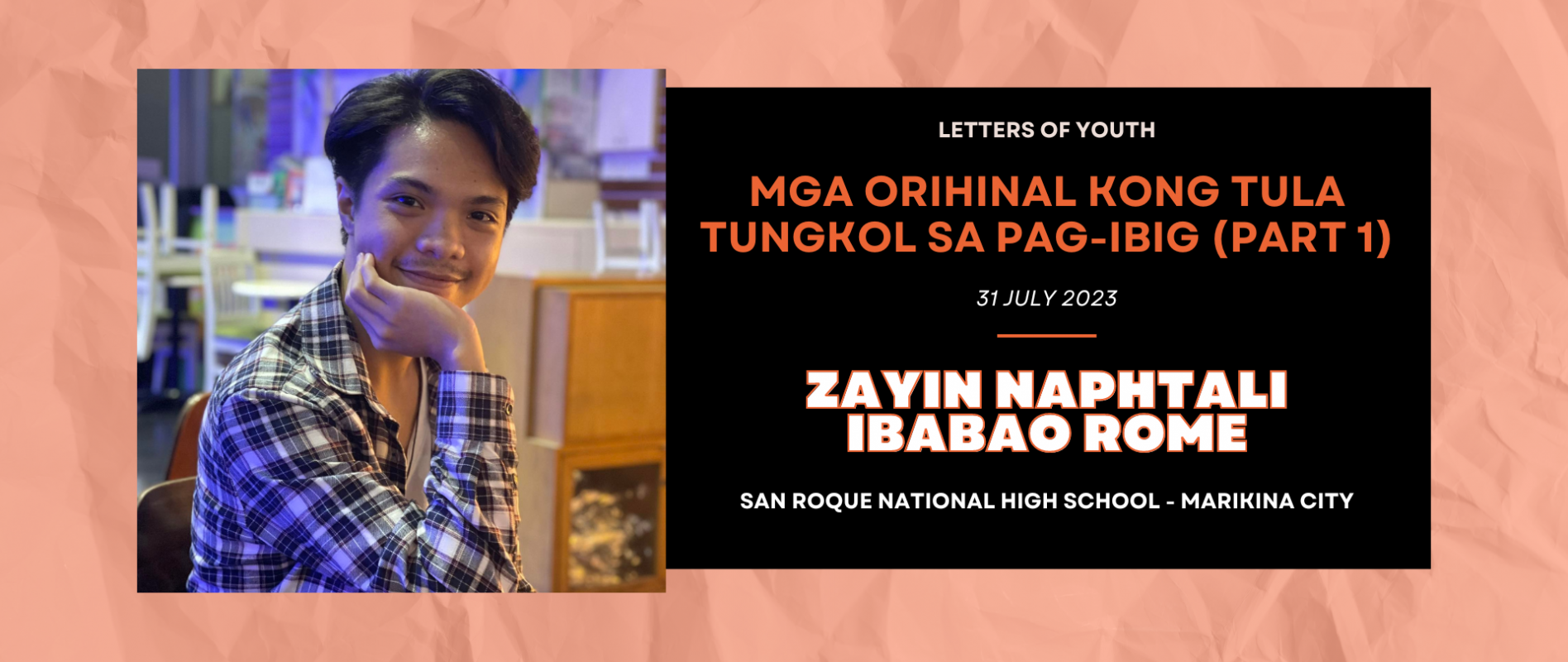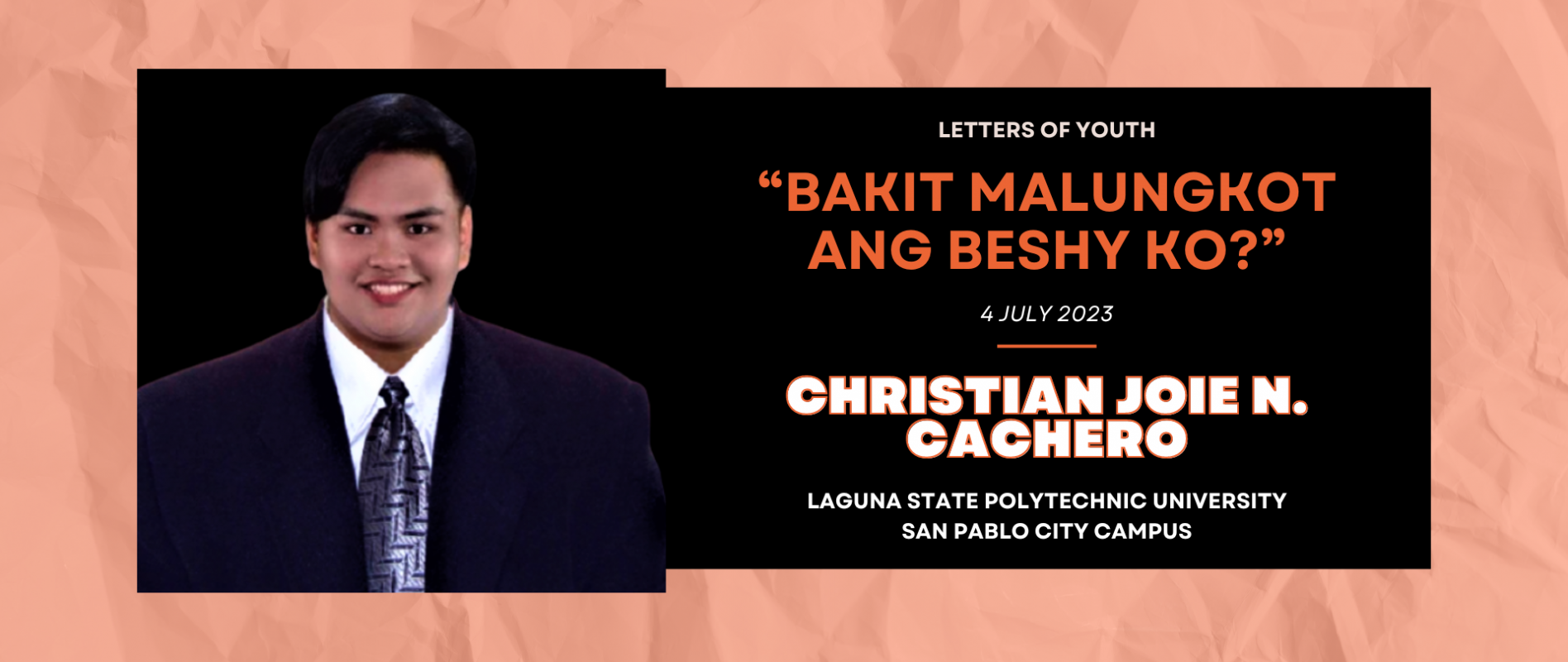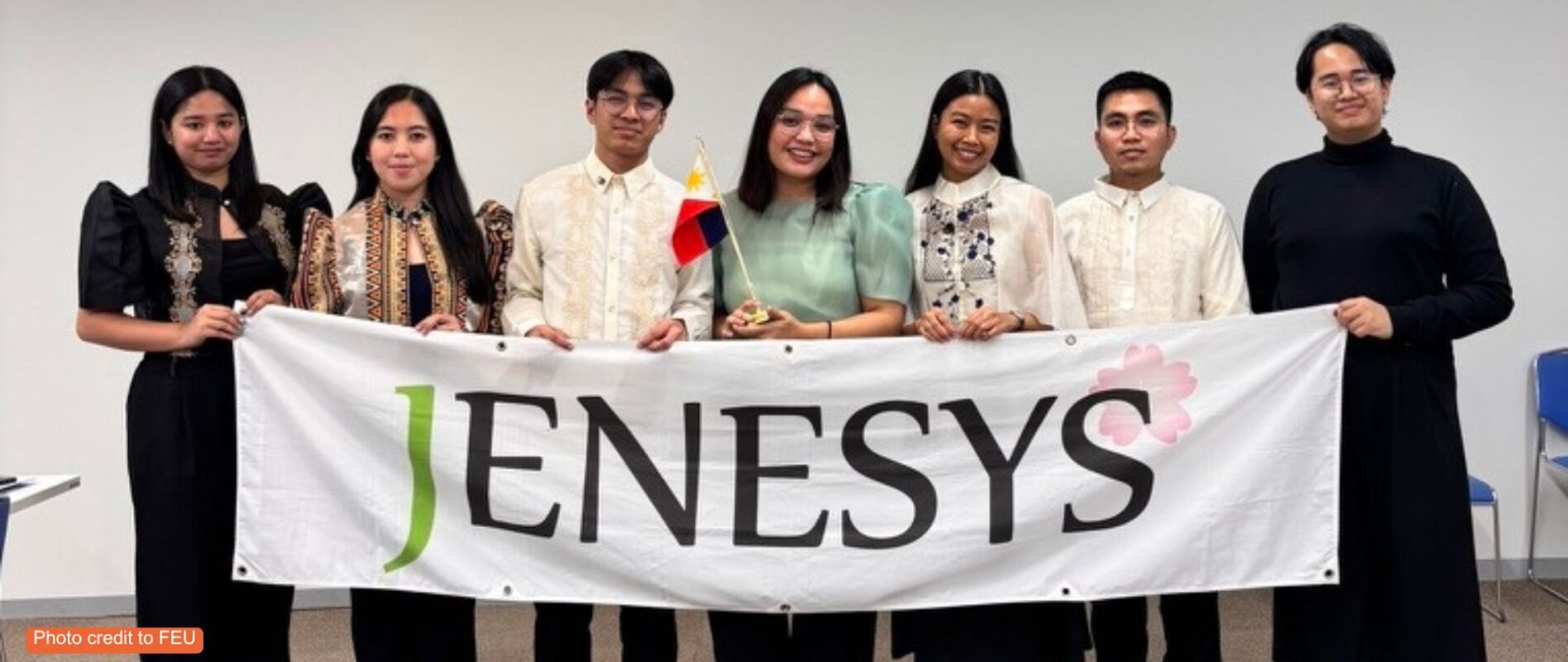AFTERNOONS WITH GRANDMA
“Grandma, why don’t I know how to speak Hokkien?” “We didn’t teach you. It is one of my biggest regrets.” “Well, it’s not too late grandma. I want to learn!”
I remember this conversation as if it was yesterday, back in 2016, during my summer vacation. I am a fourth-generation Filipino-Chinese college student, having lived in the Philippines my entire life. My family has assimilated and embraced the Filipino culture, speaking the language and following many of its traditions. However, I noticed that my family’s Chinese heritage was slowly fading away — most of all, our ability to speak the language.

This leads me back to the conversation I had in 2016. From that day on, I went to her room every afternoon to learn Hokkien, the language of my ancestors. With every visit, I gradually realized how important it was for me to learn the language. In the past, I would shy away from my older relatives due to my inability to converse with them. In other words, an invisible language barrier separated me from my own family. But with each visit to my grandma’s room that summer, I was breaking that barrier. I was tearing it down with all the power I could muster. I was a young man on a mission to reconnect with my heritage.
And it worked— I vastly improved my Hokkien-speaking skills. I stopped shying away from older relatives and did my best to speak with confidence. I was finally up for the challenge to improve my speaking ability— something I had not done for the first fifteen years of my life. But then, like a flash of lightning, tragedy struck my family. My grandmother suddenly fell ill and passed away during the summer of 2017. I was devastated for weeks. I lost my grandmother during a time that I finally became close to her.

This loss led to a lull in my Hokkien-speaking journey. With no one left in my immediate family having Hokkien as their first language, I came to an unwise conclusion that I had no reason to become fluent at it. “Knowing a few phrases would do the trick,” I told myself. And with that, I stopped practicing Hokkien for three years.
Then came May 9, 2020, the last day of one of my college terms. That night, I dreamt of my grandmother. We were lying down on her bed — just like before — with her arms around my shoulders. She looked at me and said, “Brian, don’t forget us okay?” I woke up startled the next morning with a sense of guilt and embarrassment. At that moment, I thought she was disappointed in me; that I made a huge mistake. But then, I recalled a small detail in the dream. She was smiling at me the whole time, and that smile alone told me that she was proud of who I’ve become. And from that day on, I resumed learning Hokkien. I resumed breaking that barrier with all the might I could muster. I resumed reconnecting with my heritage.

